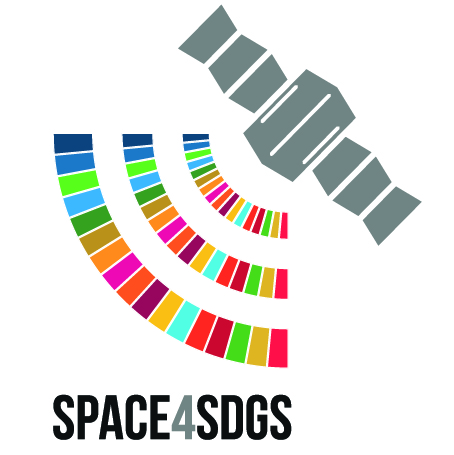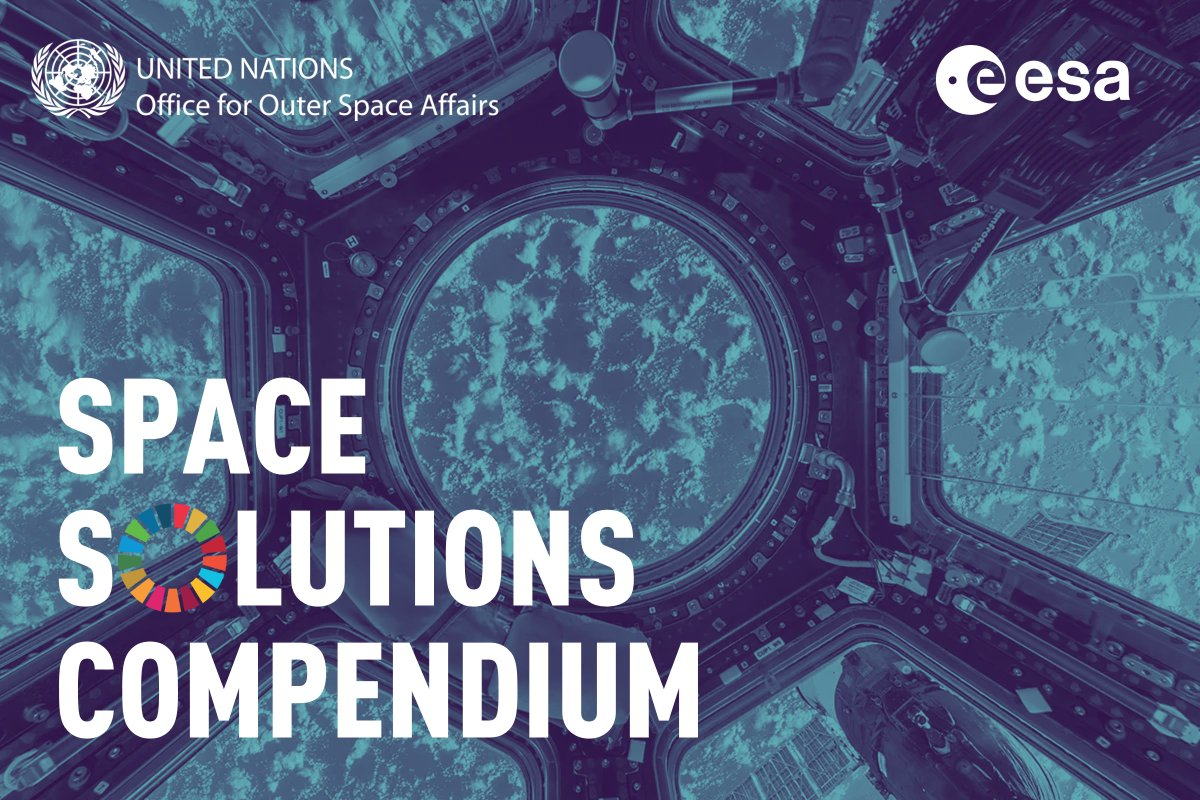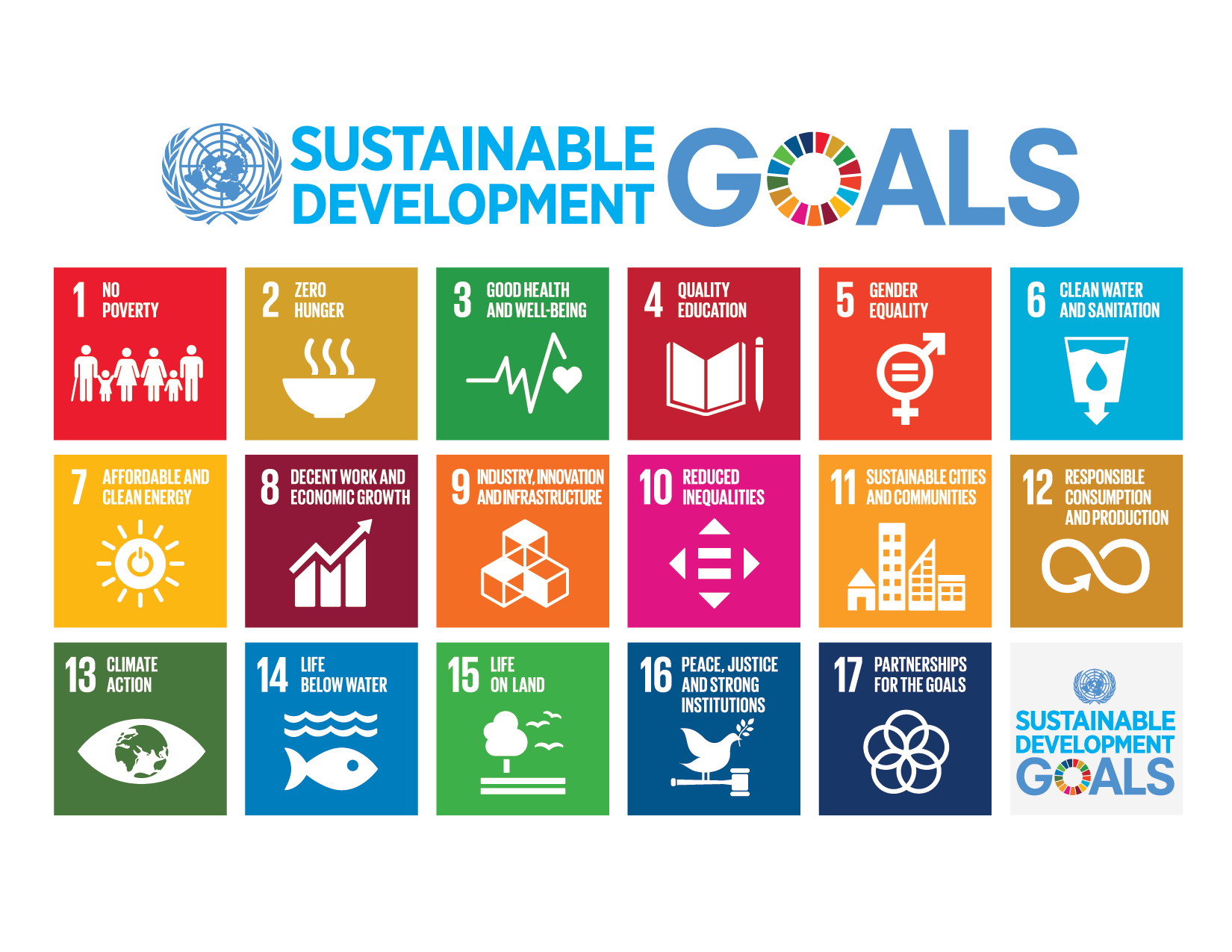Space Supporting the Sustainable Development Goals
How space can be used in support of the 2030 Agenda for Sustainable Development

To understand more about UNOOSA's work on Space for the SDGs, see our brochure
Despite the growing global economy and the technological progress observed in the past decades, there are still many societal challenges that need to be overcome to enhance human development. The United Nations, involving more than 190 Member States, has developed the 2030 Agenda for Sustainable Development in order to address these challenges in the form of 17 Sustainable Development Goals (SDGs) with 169 associated specific targets.
The importance of the role of space applications such as Earth Observation (EO) and geolocation (provided by Global Navigation Satellite Systems known as GNSS) in supporting the achievement of the development goals is recognised by the United Nations (see General Assembly resolution A/RES/70/1: Transforming our world: the 2030 Agenda for Sustainable Development ). However, the potential of space in supporting the SDGs is much wider. Space-based services and technologies are key in understanding climate change and during the full disaster management cycle; only two examples among countless applications to which space can contribute to.
For an understanding on the role of GNSS and EO, with special focus on European GNSS and Copernicus, in supporting the SDGs, see our joint study with the European GNSS Agency: ST/SPACE/71: European Global Navigation Satellite System and Copernicus: Supporting the Sustainable Development Goals. Building Blocks towards the 2030 Agenda
UNOOSA - in cooperation with the European Space Agency (ESA) - has also developed a Space Solutions Compendium that contains information on space resources, applications and tools that can contribute to monitoring or achieving the SDGs.

Get to know more about the Space Solutions Compendium Pilot
To get an updated view on how space technologies and their synergies can help to tackle the challenges of the world's increasing population and complex societies while ensuring sustainable development and bolstering resilience, leveraging the guidance of the "Space2030" Agenda and supporting the implementation of the global agendas in this UNOOSA/EUSPA joint report ST/SPACE/85 - Contribution to the "Space2030" Agenda: EU Space - Supporting A World Of 8 Billion People
See what space can do for each SDG by clicking on its icon below:
